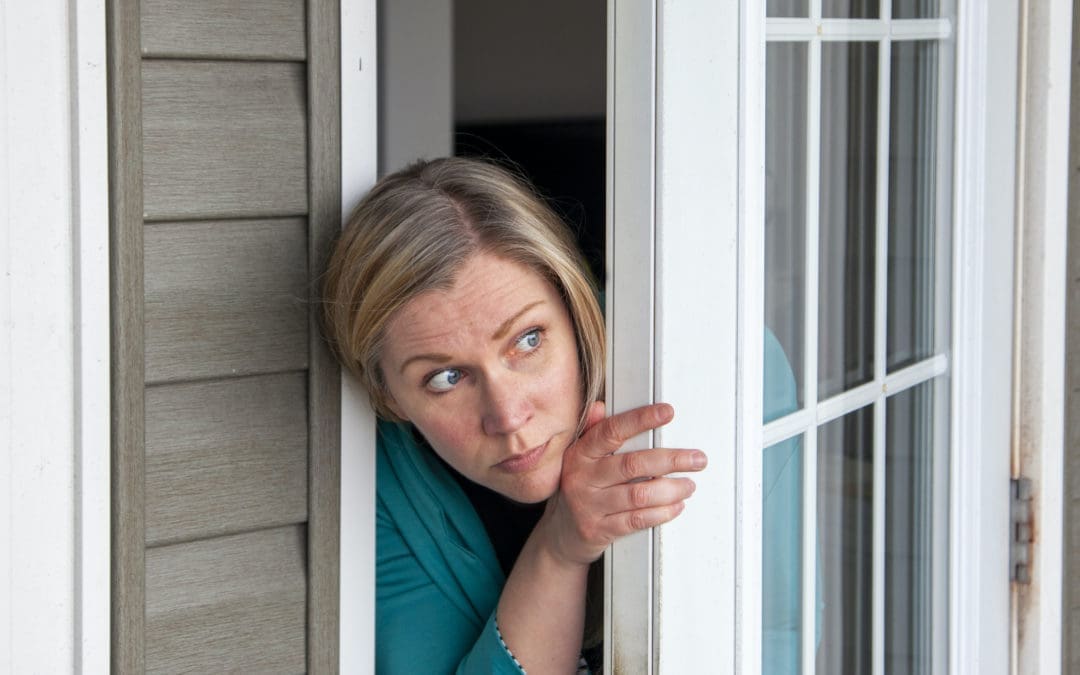With new Tenancy rules coming in next month (Feb 2021) there’s been the usual gnashing of teeth from landlords who feel aggrieved about tenants having a greater range of rights, at their very own expense.
Yes, tenants are being given a bit more power.
The two key changes are that landlords can only raise the rent once a year, whereas before it was once every six months. The other is that ‘no cause’ evictions aren’t allowed anymore – a much narrower range of reasons to kick a tenant out will come into play, and more notice needs to be given. There are other tweaks too, such as allowing a tenant to make minor changes to the property.
These are material changes, no question about that! And change is hard, especially when it feels rather one-sided. But I’ve heard some whinging landlords say they will sell up because they perceive the changes are really detrimental to them. Really? Sounds a little hot-headed.
In my view, if some landlords decide to sell up because of the changes to the Residential Tenancies Act then frankly, I welcome that. Get out. Go.
I bet most landlords will simply adapt and carry on (I’m a landlord and that describes me, too).
And the reason that most landlords will suck it up is simply because the long-term rewards from investing in property will not change as a result of the new rules.
CoreLogic reckon my rental property portfolio increased in value by about 11% in 2020. The Westpac boffins reckon I might get 15% in 2021. Why the hell would I sell?
And what of the alternative investment options? I don’t see cashed up landlords exactly racing to put money on term deposit!
So most existing landlords will still be landlords after the new regulations come in. Fact is that a heap of people purchased rental property in 2020, so there are actually more people heading into the market than out!
Here’s what will happen:
-
More hoops to jump through for tenants applying
From now on there will be a much more stringent tenant selection process. In 5 years’ time getting a rental will mean you need to give references from previous employers, previous landlords, and do credit checks. You’ll even be asked to show a few months of your bank statements to see if you pay bills (like rent) on time.
Getting a rental property will feel a lot like getting a mortgage, because as a tenant you’ll have to prove that you’re a decent risk. Prospective tenants won’t like any of this, but they’ll have to suck it up. In fact despite the extra work, it could work in their favour. It’s a real fight to get to the top of the pack when trying to secure a property to rent – perhaps adding banking records may weed out the attractive, yet financially flaky ones. If potential tenants can’t come up with that paperwork, then they’ll be on the Social Housing wait list.
-
More rigorous monitoring of the tenancy
With less ability to oust obnoxious tenants, I’d say there will be a clear shift towards more stringent rental inspections and tracking of rent payment.
Against that, landlords will have to maintain their properties to a higher standard… otherwise they’ll have to accept crummy tenants who damage the property and don’t pay the rent.
In an ideal world it means better tenants, nicer properties and capital gain. And when you’re seeing gains like that, a little extra work for it won’t stop the majority. Landlord exodus. No way.
– Cam
Want to chat mortgages? Get in touch

